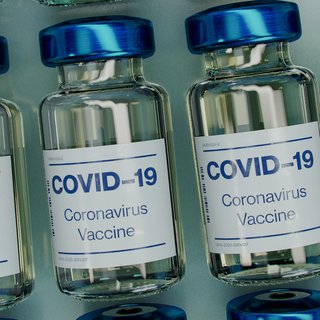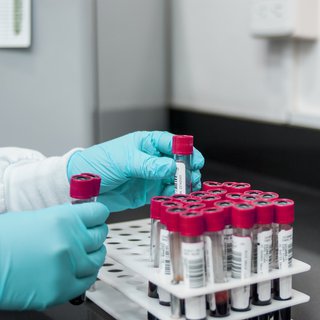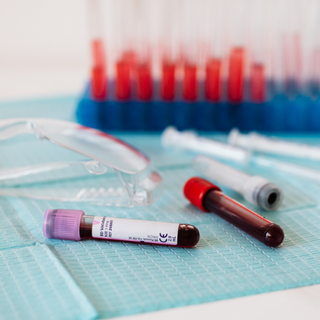Do people with myeloma have an antibody response to the Covid vaccine?
Back in March, we bought you results from a study that looked at antibody response from people with blood cancer who had been given the Pfizer vaccine. The results were concerning and suggested that our community might not respond to the vaccine as well as hoped.
Now, in a new study published in the journal Lancet Haematology, scientists at The Royal Marsden and The Institute of Cancer Research, London, looked at antibody response in 93 people with myeloma.
We have lots of different types of antibodies circulating in our blood
When researchers looked at all of these, they found that an antibody response was produced in 70% of people with myeloma 21 days after their first vaccination.
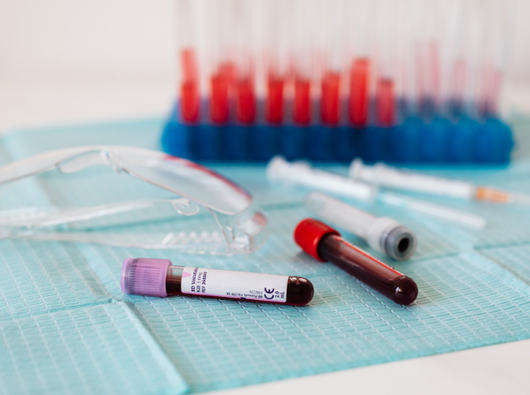
The first thing the team looked at were the levels of an antibody called IgG which is thought to be one of the things our body produces in response to the vaccine that protects us against covid. 56% of people tested positive for an antibody called IgG, which is the antibody where there is the most evidence it protects against Covid.
However, it can take longer for the levels of these antibodies to rise to a level that is detectable and so researchers also looked at the levels of other antibodies that circulate in our blood.
When they did this, they found that the total number of people with myeloma who had some kind of antibody response rose to 70%.
We don’t yet know if these antibodies are as important in protection from Covid as IgG but there is growing evidence to suggest they might be important.
Importantly, similar rates of effectiveness were seen for both the Pfizer and AstraZeneca vaccines, showing that they both work equally well in people with myeloma.
The team also found that treatment was important in determining whether someone would develop an antibody response to the vaccine
They found that people who had stable disease not requiring treatment were more likely to develop antibodies than those who were receiving treatment for their disease. The type of treatment someone was given didn’t change this.
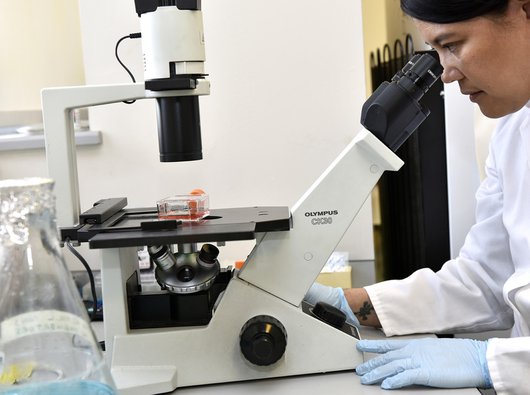
Researchers also looked at 8 people who had received a stem cell transplant in the previous twelve months. 6 of these people had a positive antibody test result.
While this study is promising for people with myeloma, we’re still unsure of how much protection antibodies provide and how long any protection may last. This will take some time to answer.
This study also did not look at a patient’s T cells, which are another measure of response to vaccination and this is something we also need to understand. More research is needed to fully understand how much protection someone with myeloma gets from the vaccine and we are look at how we can fund research to get people with blood cancer the answers they need.
As always, we’ll keep you up to date on the latest findings and what they mean for people with blood cancer. We recognise that this may be a difficult read for some people so please don’t hesitate to get in touch with our support team if you’d like to talk anything through.
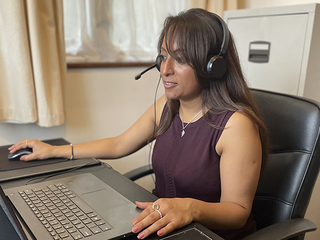
Worried about anything or have questions?
If you need someone to talk to, please don't hesitate to contact our Support Service by phone or email.

